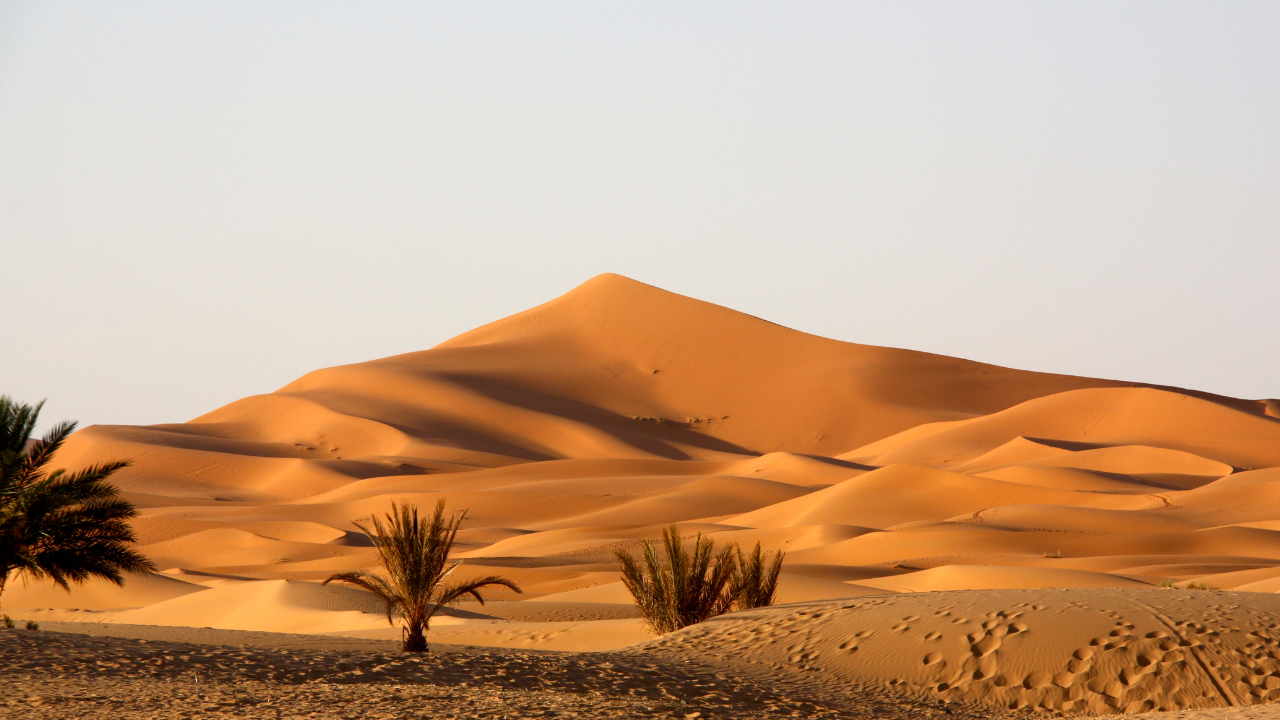Date first published: 23/10/2025
Key sectors: all
Key risks: political stability; political violence; civil unrest; separatism; terrorism; targeted attacks; regional escalation; regional conflict
Risk development
On 11 October reports emerged that pressure mounted on the Polisario Front (PF) as UN and African bodies stepped up accusations of the group’s ties to Sahel-based extremist networks. The push gained traction during the UN General Assembly and regional forums, where calls circulated for a possible Foreign Terrorist Organisation (FTO) designation. Simultaneously, the Arab African Youth Council’s 47-member body voted in Kampala to expel its PF representatives. Behind these moves lies Morocco’s extensive diplomatic campaign to fortify its international standing and weaken the PF’s legitimacy, isolating Algeria – PF’s main supporter – by extension.
Why it matters
Anchoring the Western Sahara dispute in security threats serves Rabat’s strategic objectives in the Maghreb. An FTO designation could curtail the PF’s operational freedom, limiting their access to funds and international platforms. The shift could make the dispute less about the competing territorial claims and more about counterterrorism, aligning Morocco with international security priorities. Attributing an FTO label to the PF would also reshape the cost of defending the group. Algeria, being the primary backer of the PF, views the Western Sahara as a buffer zone which prevents Rabat’s regional dominance and preserves Algiers’ access to the Atlantic and influence across the Sahel. However, evidence linking the PF to smuggling, militant overlap and mismanagement of the Tindouf camps could expose it to reputational losses. Algiers has been cautious not to escalate militarily, allegedly withholding advanced drone-jamming systems from the PF to avoid confrontation, although it continues to provide logistic and financial support.
Background
Founded in 1973, the PF initially waged armed struggle against Spanish colonial rule and later Moroccan forces, advocating for the Sahrawi people’s right to self-determination. Leading the Western Sahara’s struggle for independence, the group combined political and military roles, relying on Algerian patronage and sympathetic countries such as Iran. The Tindouf camps in southwest Algeria have long served as the PF’s political and military headquarters, and breeding grounds for radicalisation, hosting around 100,000 refugees.
Since 2020, Morocco has intensified efforts to promote its autonomy plan for the Western Sahara and reduce recognition of the Sahrawi Arab Democratic Republic (SADR), gradually shrinking the PF’s diplomatic options. Additionally, ongoing unrest in the Sahel and increased global concern over jihadist groups have reduced tolerance for groups suspected of criminal or militant ties. Meanwhile, low-intensity clashes have persisted along the UN-monitored buffer zone, with Moroccan drones striking PF units following attacks near Mahbes, Guelmim-Oued Noun province, and Smara, Western Sahara, on 27 June. Some sources suggest that certain PF factions might occasionally engage with trafficking or covert networks along border areas. While this is debated, it strengthens Rabat’s security narrative. Younger Sahrawis – an ethnic group native to Western Sahara – in Tindouf camps increasingly criticise the PF leadership’s restraint, raising risks of internal fractures and lone wolf actors waging attacks on Moroccan targets.
Risk outlook
The PF’s diplomatic space will likely shrink in the short term as Morocco works to curtail the group’s avenues for influence. The Western Sahara dispute could shift from a primarily self-determination dispute to a security concern, increasing both external and internal conflict risks. Algeria may respond with counter-diplomatic measures or by bolstering support to more radical PF factions, potentially pushing the conflict toward proxy escalation. US and EU divisions over a potential FTO designation and the future of the UN mission in Morocco (MINURSO) will likely shape the next phase of the debate.
A US FTO designation will very likely limit the PF’s incentives for negotiations. The PF’s legitimate grievances risk being sidelined, disenfranchising Sahrawi communities and heightening the possibility of violent backlash. Meanwhile, growing frustration among Sahrawi youth in Tindouf camps could fuel risks of civil unrest. The Western Sahara issue is expected to remain contained in the short term, with a moderate risk of regional escalation.

